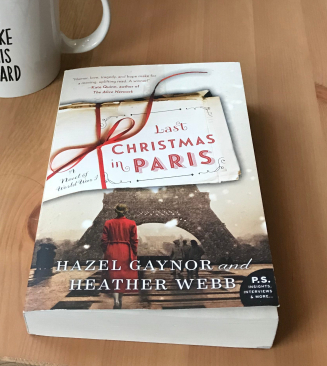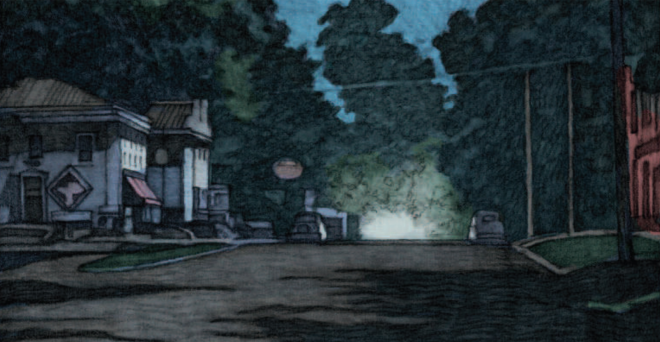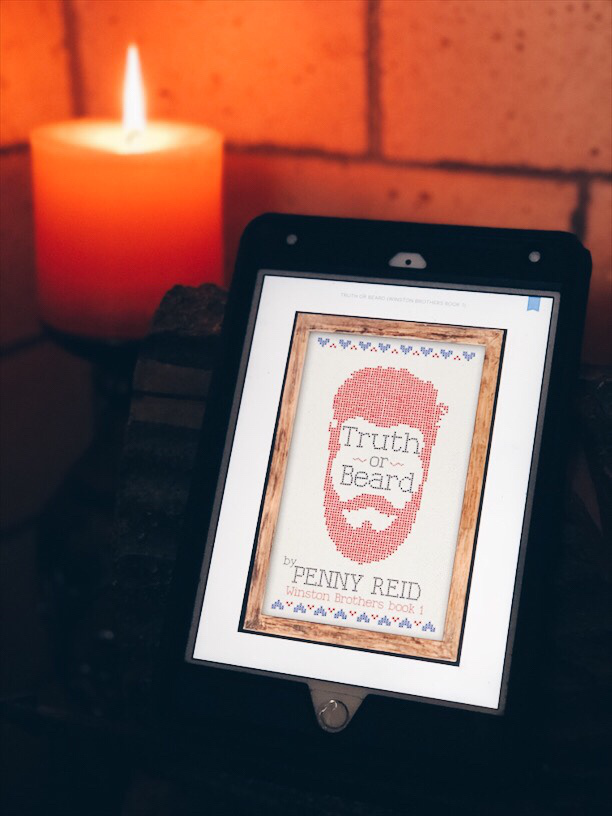 This one got A LOT of hype from various book bloggers and bookstagrammers. I must have seen the cover pop up a thousand times, everyone singing it’s praises. I am apparently in the minority, but truthfully the book was disappointing. I’m sensing a trend with historical fiction in that it continually lets me down.
This one got A LOT of hype from various book bloggers and bookstagrammers. I must have seen the cover pop up a thousand times, everyone singing it’s praises. I am apparently in the minority, but truthfully the book was disappointing. I’m sensing a trend with historical fiction in that it continually lets me down.
Last Christmas in Paris is a epistolary novel that follows Thomas Harding and Evie Elliot as they exchange letters during WWI. Thomas is stationed at the front in France and Evie back in England. In between the letters, there are flash-forwards of Thomas visiting Paris in 1968, some 50 years after the end of the war. 1968 Thomas is re-reading all of the letters he and Evie exchanged, and is preparing to read the last one she wrote for him that she left after her death.
The concept is sweet and nostalgic, a blossoming romance during times of war. And the book seems original and fresh until you’re 300 pages in and bored to death of reading letters. I personally feel like the book was just too drawn out, and could have ended a lot quicker. The whole will they, won’t they trope is great for a while, but once Evie has rehashed her unsure feelings towards Thomas in a letter to her best friend for the MILLIONTH TIME, I was pretty much over it. The overall plot was fine, but as I’ve come to find with most historical fiction stories, it was full of extra fluff. It’s that much harder when you know they end up together, but you now have to read another 150 pages to get to that point. It’s like sloshing through mud.
I can say that considering how wonderful the flash-forwards were written, I think this book could have been a lot better written narratively with letters mixed in. Trying to pen an entire novel from just letters is no small feat, but it tends to come out clunky and lacking detail that narratives can provide. Maybe I just hate epistolary books. Call me biased.
All that being said, I did enjoy and appreciate the book, it just wasn’t my cup of tea. Clearly I struggle with epistolary writing and historical fiction. I should really just avoid those books from here on out. The ending was quite lovely and redeemed the book for me after having trudged through the whole middle section. Someone mentioned it might be better via audio book, and that the use of multiple narraters kept it lighter and easier to get into. If you’ve listened to the audio book, let me know what you thought!
Overall, I give Last Christmas in Paris 3.5 stars. It’s a sweet concept, I just don’t think it was executed properly. I feel like it could have been a wonderfully romantic story of two people falling in love during the war, it just didn’t need to be done entirely in letters, and the writing in the flash-forwards proves that. Unpopular opinion be damned, I think 300 pages of letters is overkill, and the readers deserved more. Sorry, not sorry.
Advertisements Share this:





